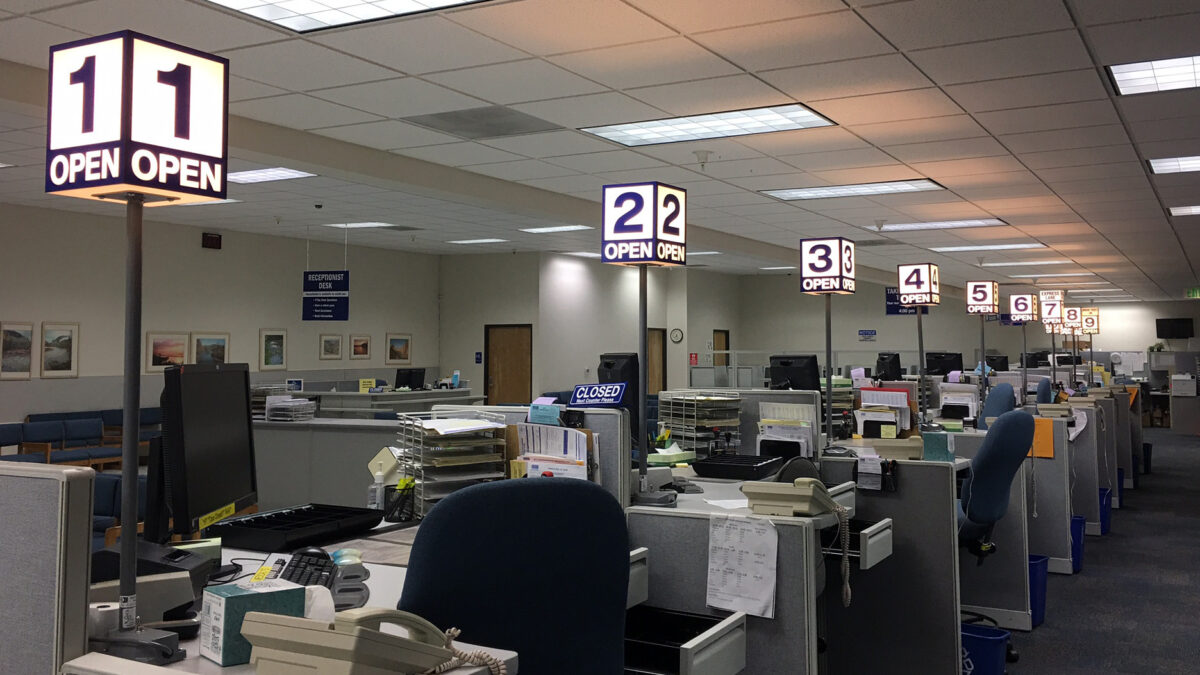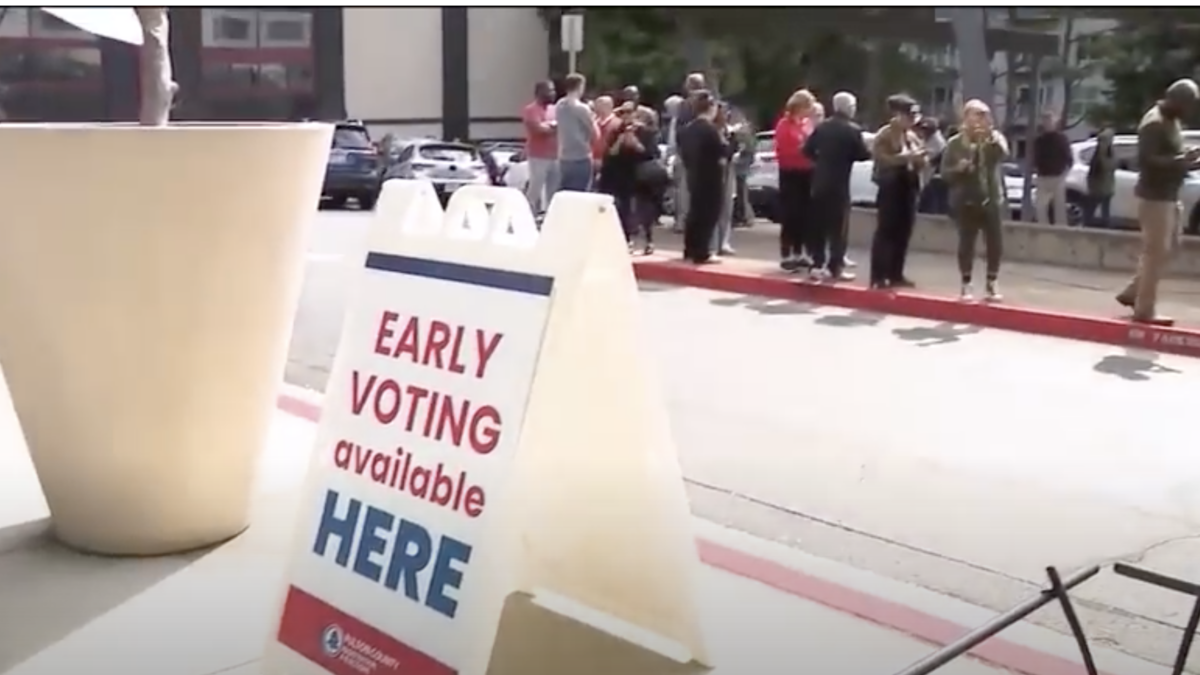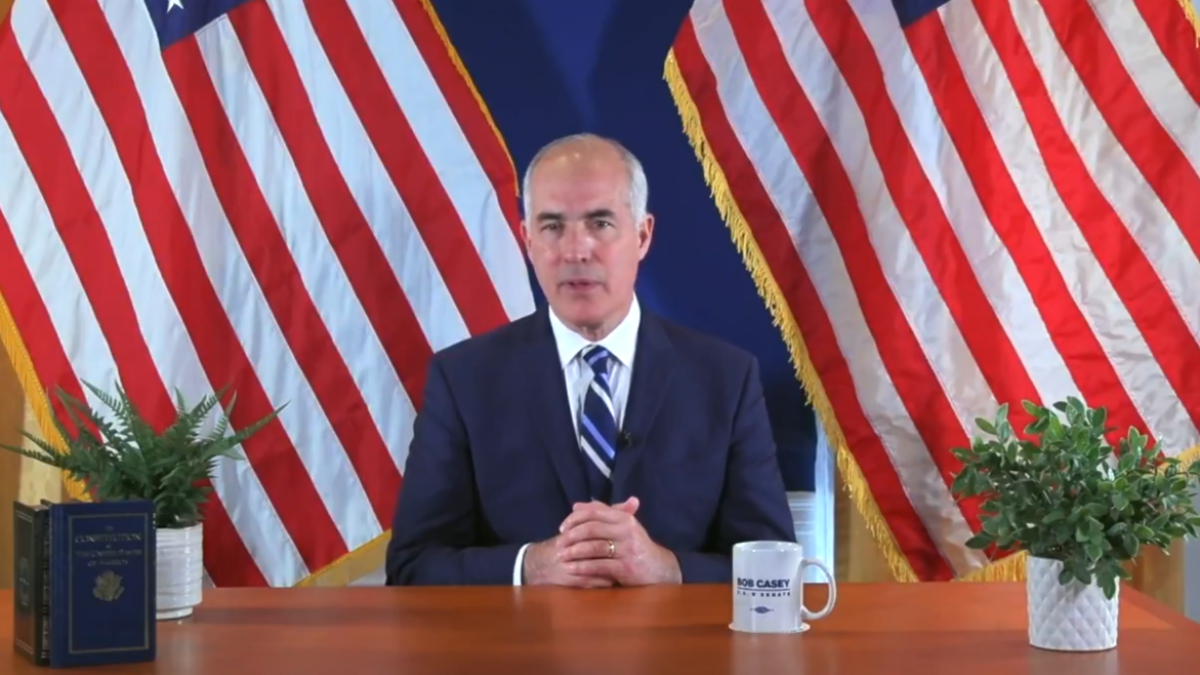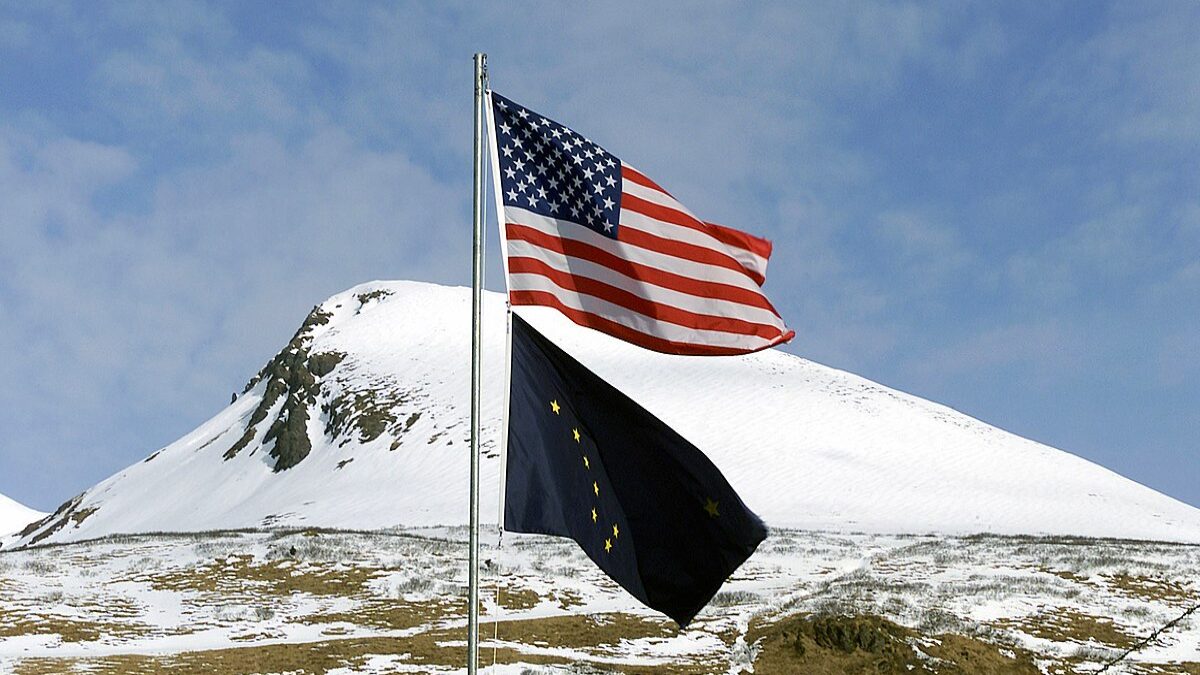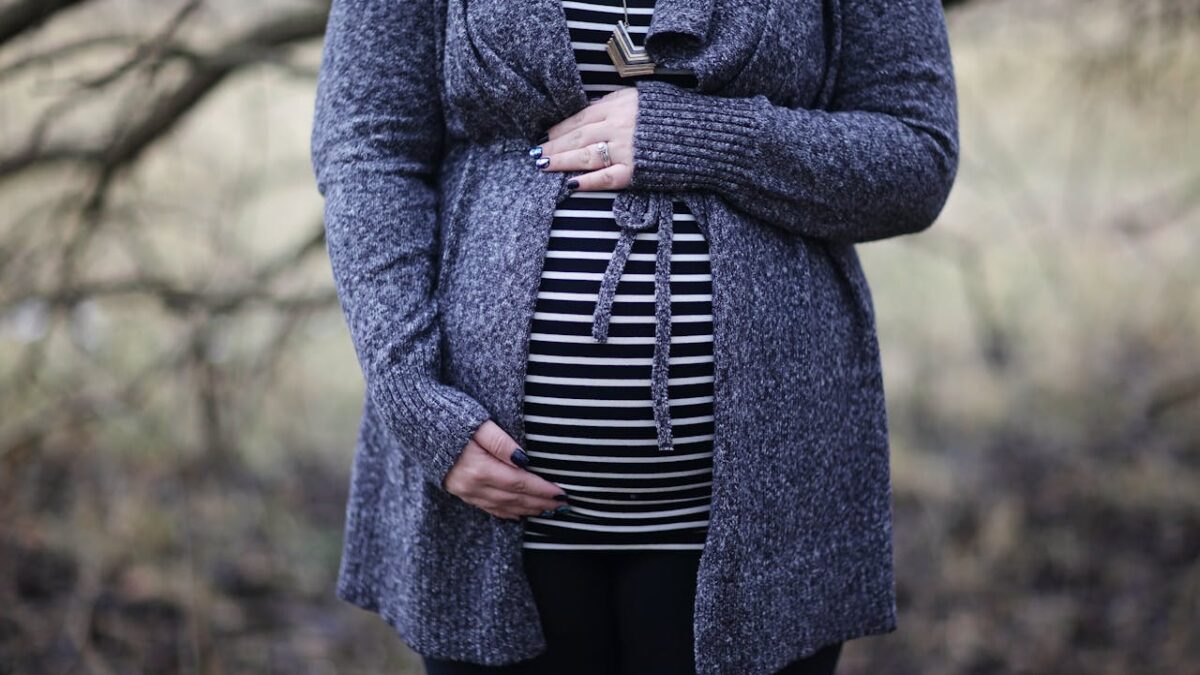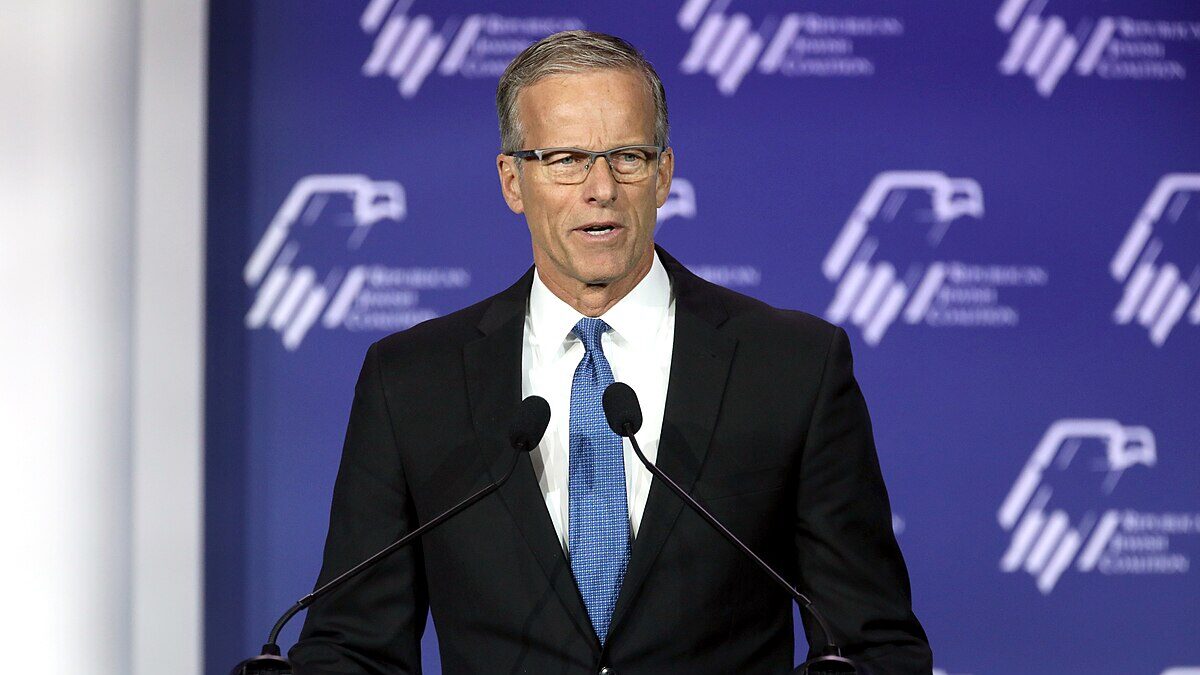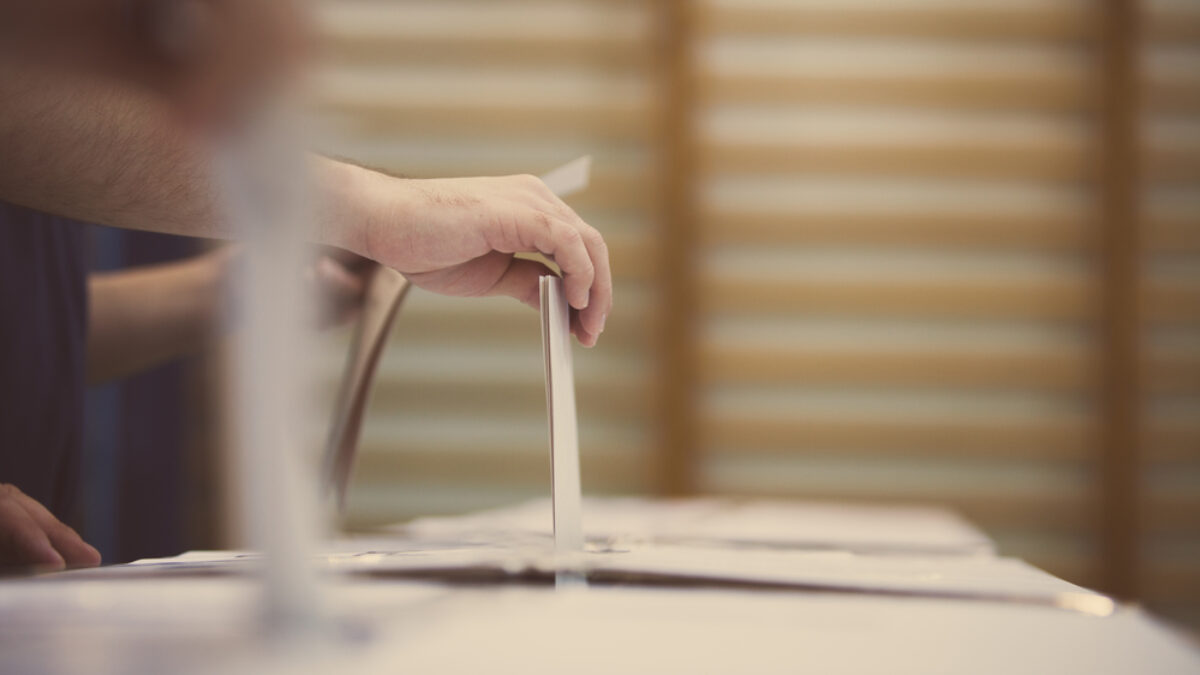
I’m a Christian, and I intend to vote. You will probably neither like my candidate, nor the fact that I participate in this election at all. Perhaps you’ll say I’m a pragmatist, or that I’m just a nutcase who will do anything to keep another candidate from getting into the White House. Perhaps, too, that I’ve betrayed the church and Christ, and am giving no thought to the future of the country.
Well, in voting this election, I read the Bible and believe I’m in the company of Queen Esther, Daniel, and Mary and Joseph. Let me explain. Esther, an upstanding Israelite maiden in the Old Testament, was compelled to marry the king of Persia. This king had a previous wife, Vashti, whom he lewdly objectified to entertain himself and his male friends in a drunken revelry.
When Vashti refused to perform, he cast her off as an example to the women of his kingdom. He then rounded up all the beautiful virgins in his kingdom and put them through a beautification regimen, similar to that of a beauty pageant. To determine which woman should be his queen, he spent a night with each woman. The rejected women presumably became permanent fixtures in his harem.
When it was her turn, Esther spent her night with the king and won the title of queen. She married the king in good faith and trusted God to be sovereign over the outcome. When she encountered evil politicians who threatened to exterminate her people, the Israelites, she used her unexpected influence to intervene with the king and save her people.
Esther’s Choice Wasn’t an Anomaly
Fast-forward through the Old Testament to the book of Daniel. King Nebuchadnezzar of Babylon besieged Jerusalem and took the Israelites captive as slaves. Similar to Esther, Daniel, a young Israelite man, was selected for training in Nebuchadnezzar’s court. He dutifully embraced his place in this new political regime, while maintaining a life of obedience to God. He was in Babylon, but not of it. Daniel demonstrated his loyalty to God when he rejected the command to worship Nebuchadnezzar. But short of king-worship, Daniel served his king in good faith and even helped Nebuchadnezzar in his political aspirations.
A little later in biblical history, Mary and Joseph became the earthly parents of Christ. They also found themselves subject to the political power of the Caesar Augustus, a brutal opportunist and imperialist. Through no planning of their own, Mary and Joseph had a child whose birth was at odds with the pagan regime.
Yet when Augustus ordered a census, Joseph submitted to the law and went to register his family with the government. In fact, it was this very son of Joseph and Mary’s who eventually admonished his followers to “render unto Caesar what is Caesar’s,” even when Caesar is a corrupt, pagan leader.
Voting Is Part of Who Americans Are
But, you may say, Esther and Daniel didn’t have a choice! They didn’t seek out the positions of queen and counselor. They didn’t enter these situations angling for their “political preferences.” Joseph and Mary never asked to birth and raise the Christ.
The assumption behind these questions is that we God-fearing Americans do have a choice about whether we are politically engaged. But do we really have a choice? When you were born, were you given a choice as to whether or not you have a vote? America fought for more than a century to make the individual citizen’s vote an inherent, protected part of every American’s identity. To be an American is to have a vote.
Whether you were born an American or have become a legal citizen of this country, your vote is part of who you are. Just as Esther couldn’t dispossess herself of her beauty and maidenhood nor Daniel deny his identity as Israelite slave and counselor, Americans cannot divest themselves of their votes. Whether we like it or not, we are in “the harem.” Refusing to vote does not magically remove us from this democratic republic God has seen fit to place us in.
Refusing to Vote Affects the Election
So how do we reconcile this fact of our identity with the upcoming election? When I read these stories of God’s people in Scripture, I see discernment in their interactions with ungodly governments. In marrying a promiscuous, misogynistic king; serving an imperialist, invading king; and obeying a tyrannical, pagan emperor, these people were hardly endorsing the character of their rulers.
In fact, no candidate in the history of mankind is worthy of our endorsement or our vote. I would be surprised if the majority of endorsements and votes for conservative presidential candidates ever were—or should have been—based on a true belief in their pristine morals. While the ideal is to elect a competent leader with outstanding faith and character, Scripture demonstrates that God’s people often must submit to and participate in ungodly political regimes. Opting out is not an option.
Those who don’t attempt to opt out often see potential presidents as a silver bullet to the nation’s problems. When this has happened recently, voters have demanded nothing less than a pristine savior as the officeholder. Christians have no business putting this much faith in the office. If this fantasy were realistic, a vote would indeed amount to an act of worship, and Christains would be justified in refusing to vote. However, I believe that to vote for a president is not to worship him or her. Instead of being an act of worship, a vote, or refusal to vote, is a political choice.
But it is a choice we cannot choose not to make. Abstaining from voting is a political act; it is a positive, willful decision; it is neither a neutral political stance nor an erasure of the fact that we exist in this system. If you abstain from voting because you disapprove of the candidate’s morals, the power of your vote does not disappear. You simply give that power to someone else who will vote. Abstain if you must, but acknowledge the real consequences of your decision. You cannot escape the reality that your willful decisions, no matter what they are, will have an effect.
As for me, I will vote. Yes, it is hard. However, I firmly believe that God is sovereign over my participation in this election. This time around, it is undeniable that whoever becomes president of the United States is a fallen human. In the past, even our most upstanding presidents and leaders have needed prayer, but never before have I felt so compelled to pray over my ballot as I cast it.
My prayer for all of us voting is this: in God may we trust. I’ll see you at the polls.


